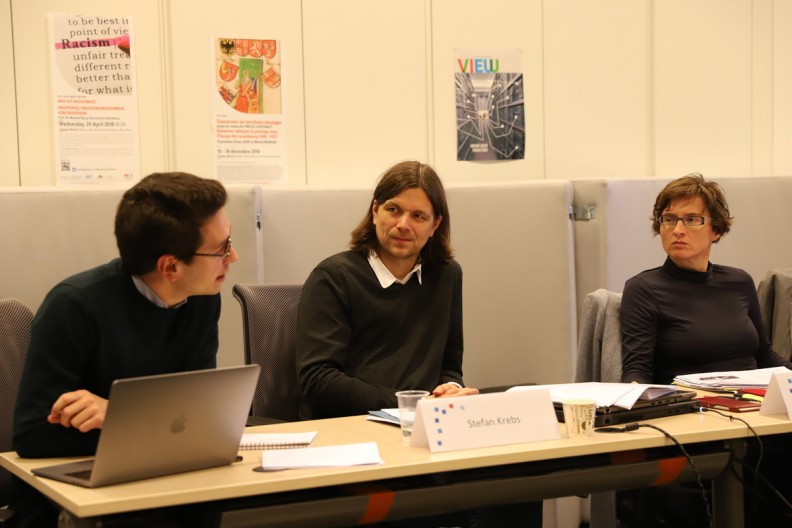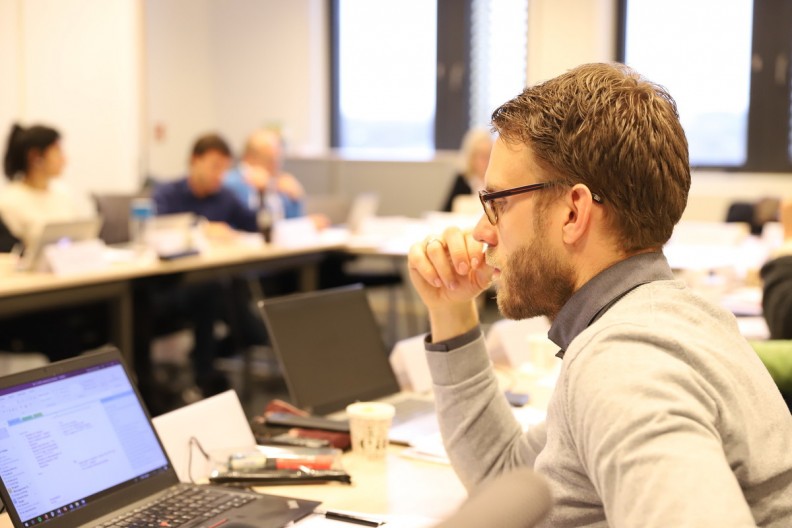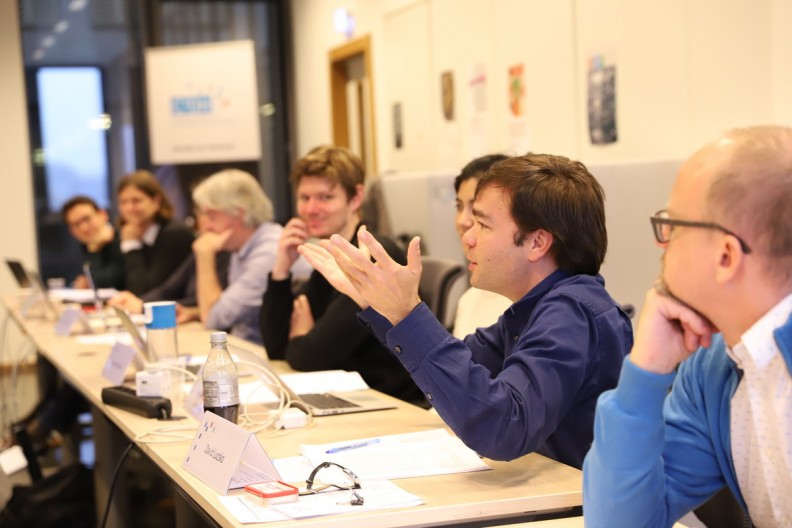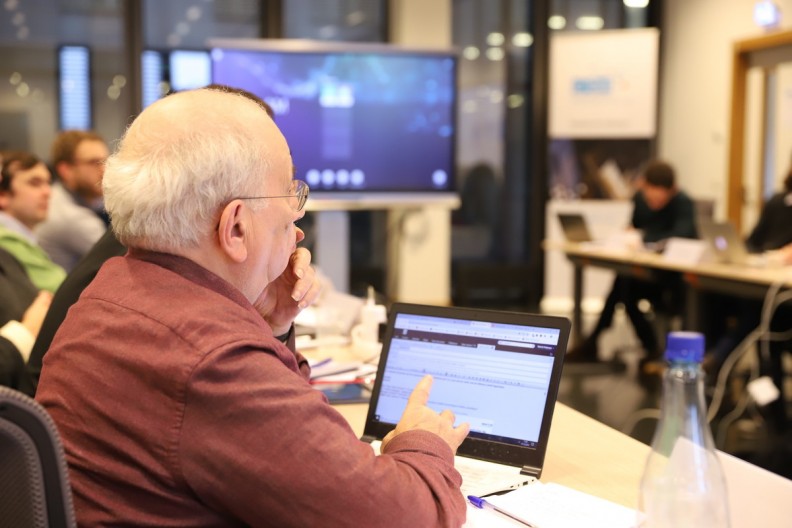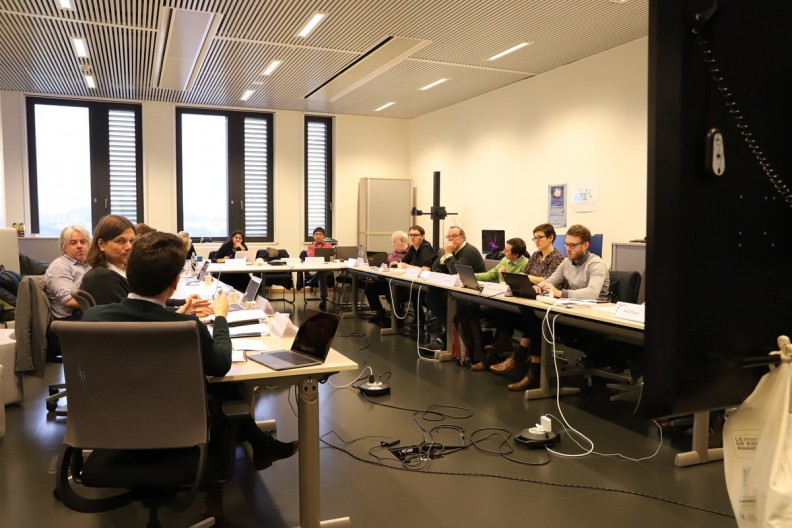C²DH hosted a two-day workshop on the history of maintenance, repair, reuse, and disposal of technology on December 7th and 8th, 2018. Attended by international scholars, paper presentations and discussions centred on practices that assure longevity of technology, with a focus on large industrial plants and technical infrastructures as well as different consumer commodities. The cases discussed involved systems like electrical power grids, roads, railroads, and telephone networks. Other papers investigated housing restoration, ship dismantling and recycling (shipbreaking), and automobile repair and restoration. All papers looked at the short twentieth century (with one exception, focused on 19th century Russia), while the geographical scope encompassed different East and West European countries, North and South America, China, India and Russia.
Most papers presented were what Russell and Vinsel (2018) refer to as “microhistories” of repair, meaning they are concerned with single technologies, few actor groups, and are zoomed in on actual practices addfnd discourses. Topics discussed included the role of maintenance and repair in the transfer of technical knowledge and in the broader phenomenon of “technology transfer.” The link between repair practices and innovation processes was also a recurring theme in the discussions. Two papers presented macro histories: Heike Weber’s work on the obsolescence debate in West Germany and Phil Scranton’s paper on maintenance and repair in post-war Poland. Both sketched a larger picture of the development of repair and disposal strategies, practices, and economies.
The workshop revealed the sometimes surprising persistence of technical artefacts and the practices of maintenance and repair attached to them. The historical cases presented emphasized that it is often difficult to distinguish between preventive maintenance, repair, and reuse practices. Furthermore, the choice to repair, reuse, or discard a technical artefact is closely interlinked to the availability of spare parts and repair services, which impacts businesses and individuals when they decide whether to repair an object or to buy a new one.
In his closing commentary, Patrick Fridenson suggested possible topical lenses for reframing and continuing the discussions: the environment, safety and health issues, technical education and techno-politics, and continuing-use concepts like “upcycling” and “afterlife”.
The program was originally organised by Stefan Krebs (University of Luxembourg) and Heike Weber (Karlsruhe Institute of Technology). For more details about the workshop see the original program anouncement.



